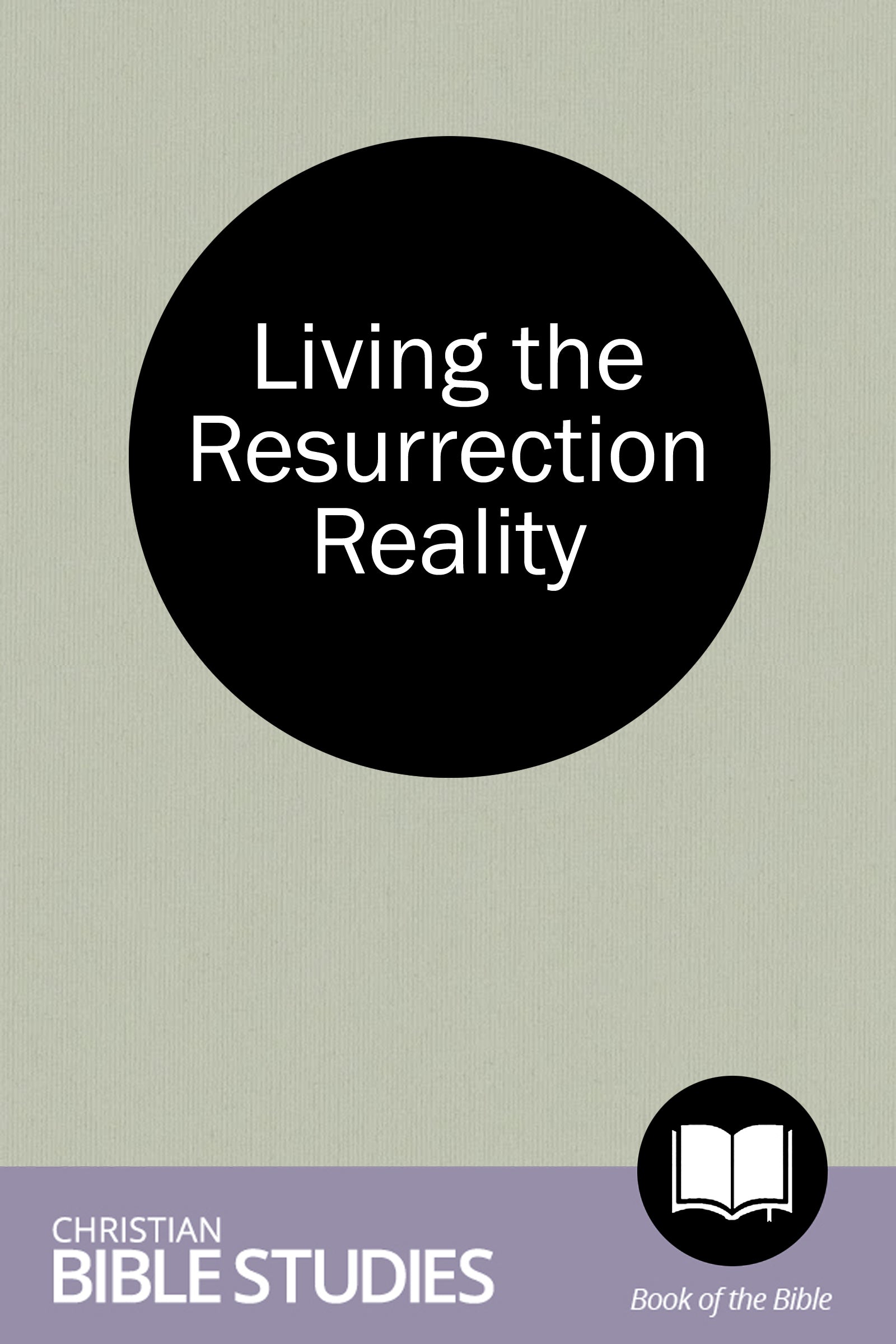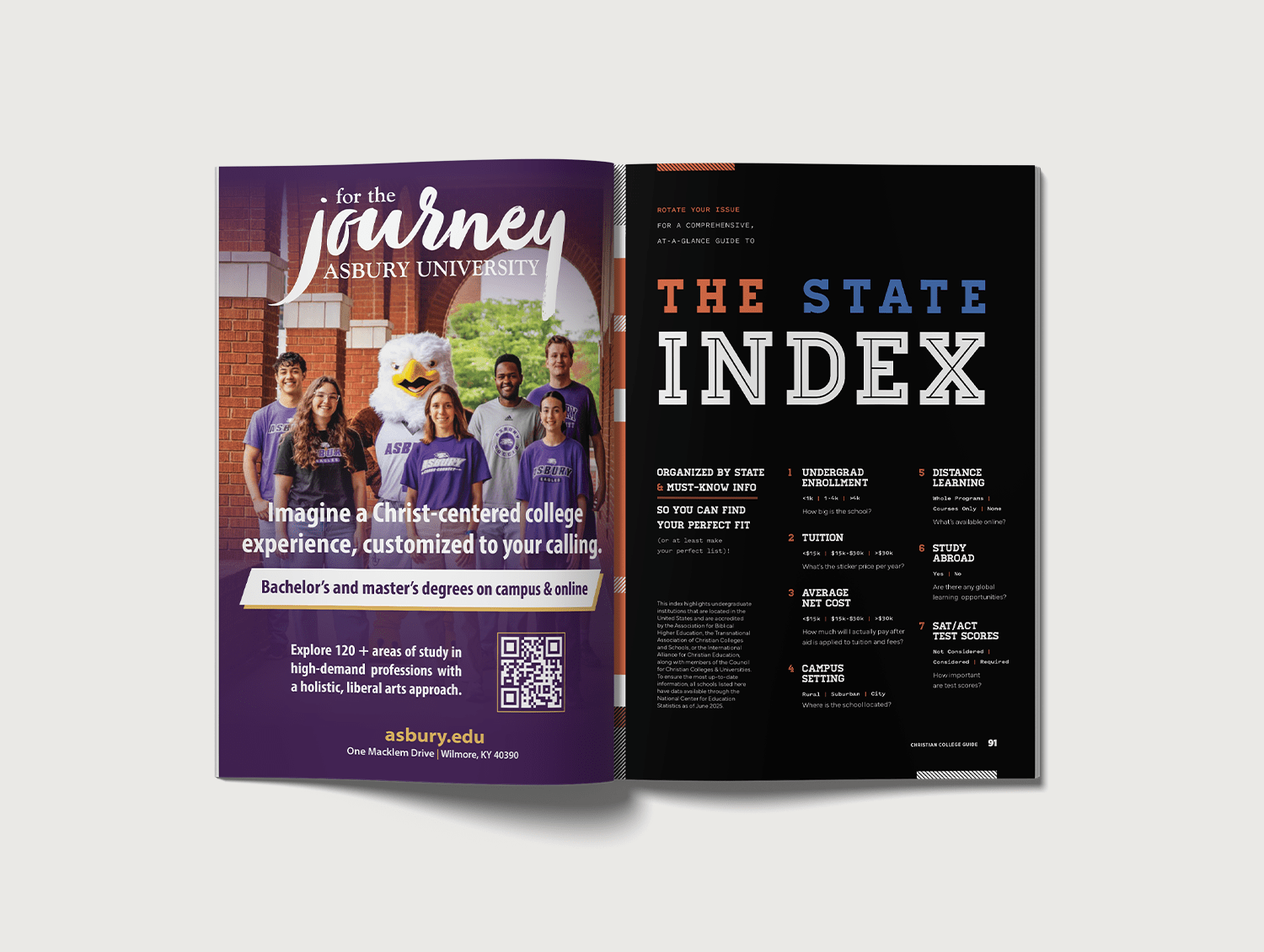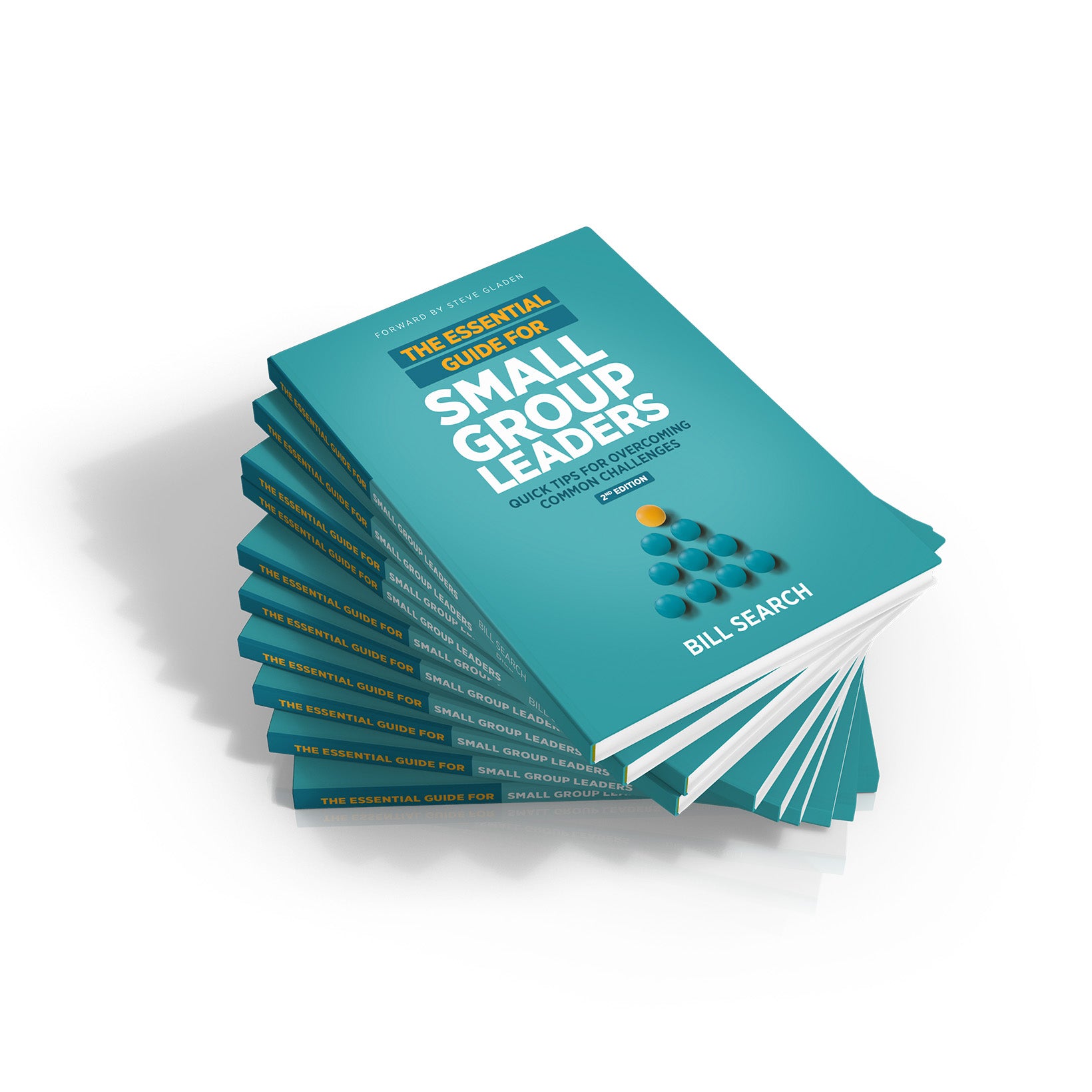A 75-year-old woman was constrained to a hospital bed after breaking her back. When a good friend of hers, a missionary, was home on furlough, he visited her in the hospital. She confided in him that she felt aimless because God had no purpose for her in the hospital. In response, the missionary asked her what she had been doing for God lately.
The nerve! She couldn’t move, had cables attached to all sides of her body, and he expected her to do something? He reminded her that even though her body was unusable, her mind wasn’t. He challenged her to memorize God’s Word, so it would be there when she couldn’t pick up a Bible and read. She took him up on his challenge with Psalm 1 and by the time she was released, she had close to the whole book of Psalms committed to memory.
Over 20 years later, the missionary visited her again, and was amazed by the sharpness of her mind. Even more so, he was impressed with her unmistakably deep relationship with God. Then she told him her secret: she never stopped memorizing. She had almost half of the Bible hidden in her heart.
Why Memorize Scripture?
The most common challenge to memorizing Scripture is the accessibility of the Bible. The typical Christian home has multiple copies on their bookshelves. People can download the free apps on their phones, and buy them pocket-sized online or at Christian bookstores. While it is a blessing to have the Bible at our fingertips, we can take it for granted and diminish its worth as commonplace. Keeping Scripture not only in our hands, but in our hearts, is a way to cherish God’s Word—creating the opportunity to meditate on truth and rest in his presence.
Psalm 119 stresses the importance of Bible memorization. Verse 114 reads, “You are my refuge and my shield; I have put my hope in your word.” Scripture gives us endurance to withstand temptation. When we fill our minds with the Word of God, we mentally and spiritually build a barrier between ourselves and the enemy. Imagine each verse as a brick. The more verses you commit to memory, the higher and stronger that wall against the enemy grows.
In Matthew 4, Jesus used Scripture to stand firm against temptation in the desert. He didn’t pull out his pocket Torah and leaf through it until he found the verses he needed. He had them hidden away in his mind, ready to use when he needed it most. The relationship between the human mind and the Word of God is powerful: during dark times, the Holy Spirit calls out these memorized verses to bring you wisdom, strength, and hope.
Memorizing Scripture has emotional benefits, as well. Psalm 119:143 explains, “Trouble and distress have come upon me, but your commands give me delight.” I know people who have found solace in quoting Scripture, especially in the darkest of valleys, and I’ve lived this reality in combating depression and anxiety in my own life. When these enemies pounce, quoting passages about God’s love, power, and authority brings assurance and peace to my mind.
Myths about Memorizing
Misconceptions abound about memorizing Scriptures.
Take these three myths, for example:
Myth 1: I can’t memorize.
If you’re hearing yourself think this, take this three-question quiz:
Say your home address.
Write down the synopsis of your favorite movie.
Give directions from your home to the closest gas station.
If you could do this without looking up the answers, you can memorize. Just as your address is split into short sections, verses are segmented by punctuation. A good example is Matthew 5:7: “Blessed are the merciful, for they will be shown mercy.” See? Two short sections. In many respects, memorizing Scripture is no different than memorizing any one of the items above. The more familiar you become with a verse—the way you’re familiar with your address, favorite movie, and directions to local hotspots—the deeper it’s etched into your mind.
Myth 2: I’m too old to memorize.
God doesn’t retire people when they reach “old age.” Take Moses, for example. Do you remember how old he was when God called him? No, not late 30slike you see in The Prince of Egypt. Not even 60-something like in The Ten Commandments. According to the Bible, he was 80. At the burning bush, God took an elderly outlaw with a speech impediment who spent his time with stinky sheep and convinced him to guide Israel across the desert for the next 40 years. If God can do that with Moses, then God can do untold things through you—regardless of your age. Moreover, memorizing Scripture helps improve working memory. In 2006, the Journal of the American Medical Association released a study revealing that seniors who underwent memory training benefited, even for years after.
Myth 3: I don’t have enough time.
Nobody thinks they do, but the fact is there are ways to incorporate memorization into our busy schedules. Be intentional and strategic with how you use your time. Make use of wait times like when you’re waiting in line at the grocery store or waiting for your food at a restaurant.
10 Tips to Get Started
Contrary to popular opinion, people who memorize regularly are not “super Christians” with photographic memory. Instead, they have simply learned ways to make the challenge fun and simple. Below are 10 tried-and-true memory strategies.
1. Start with passages you’re already familiar with.
2. Write the verse on one side of an index card and the verse reference on the other. Carry the card around with you so you can work on memorizing it during wait times.
3. Record yourself reading the verses. Listen and follow along while you’re driving, working out, or cleaning.
4. Write the first letter of each word in the verse. When you need a hint, look at the letters instead of the full verse.
5. Use the stacking method. Stack small drawings or pictures that represent different keywords in the verse. This can help you visualize the verse, even when you aren’t looking at the pictures.
6. If you learn best when you do something with your hands, shuffle a deck of cards while you quote. The repetitive motion will help you concentrate.
7. Tape your verse to the bathroom mirror and work on it as you shave or fix your hair in the morning.
8. Write the verse by hand. Rewrite the verse over and over, or use hand-lettering and other creative illustrations. Utilizing fine motor skills engages your brain. The more of your brain you can employ while memorizing, the better the information will stick.
9. Memorize for five minutes, and then take a break. This allows your brain to relax after the mental exercise.
10. Set your computer and phone background images to verses. You’ll be surprised by how quickly you have it memorized!
Although Bible memorization can be challenging, it’s vital for anyone interested in growing spiritually. Not only is it commanded in Scripture, but also you’ll be strengthened and be able to benefit others as well. So try it! Choose a verse. Memorize it. When you’re done, share it with three people. After that, choose another verse. You don’t want to miss the powerful ways God can use this practice in your life.
Angela Cornell is a country girl living in central Illinois with her family. She
graduated from Bethel College (IN) in 2013 and is a freelance writer. Find
more of her writings at www.dothingsworthwritingblog.wordpress.com. Photo by Aaron Burden on Unsplash
































